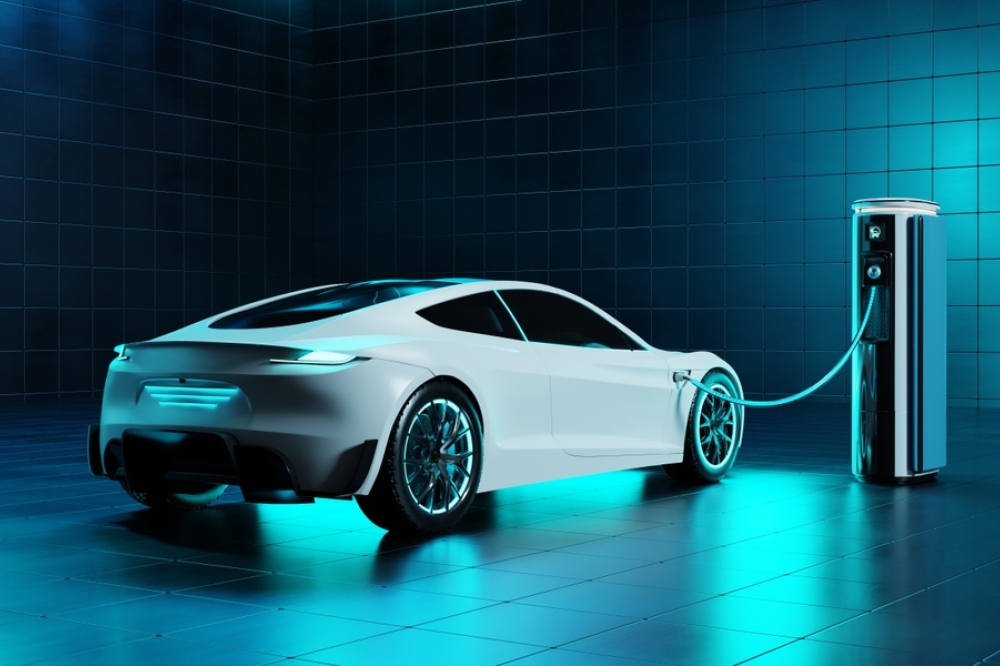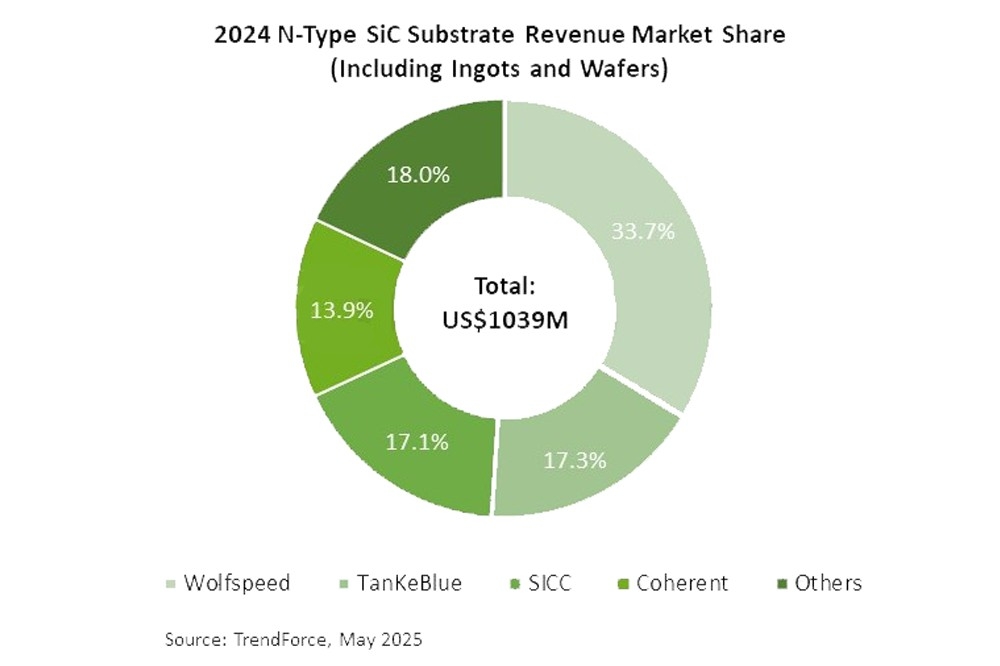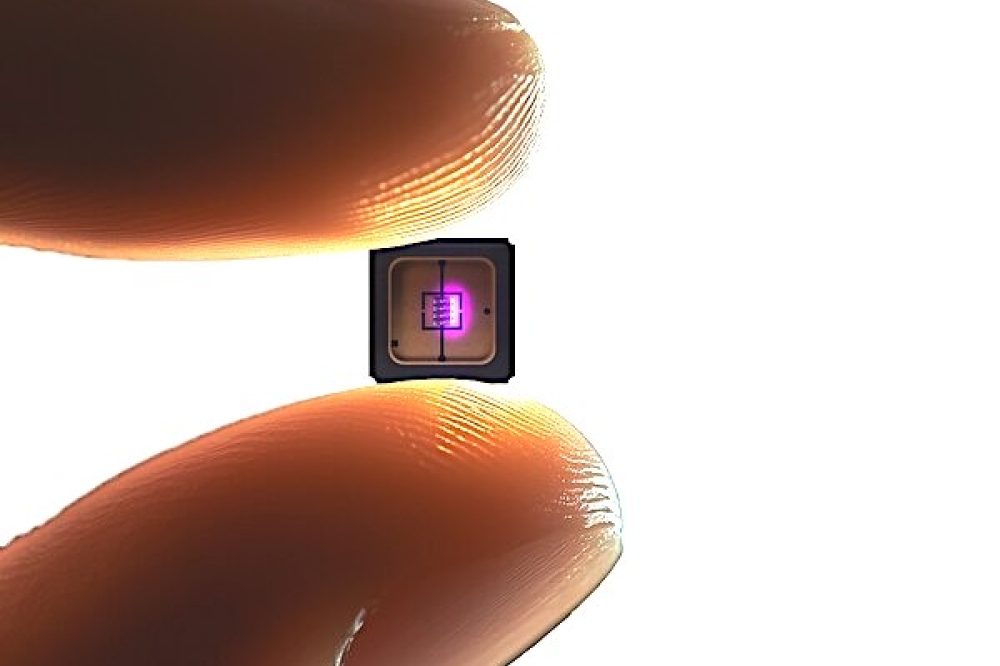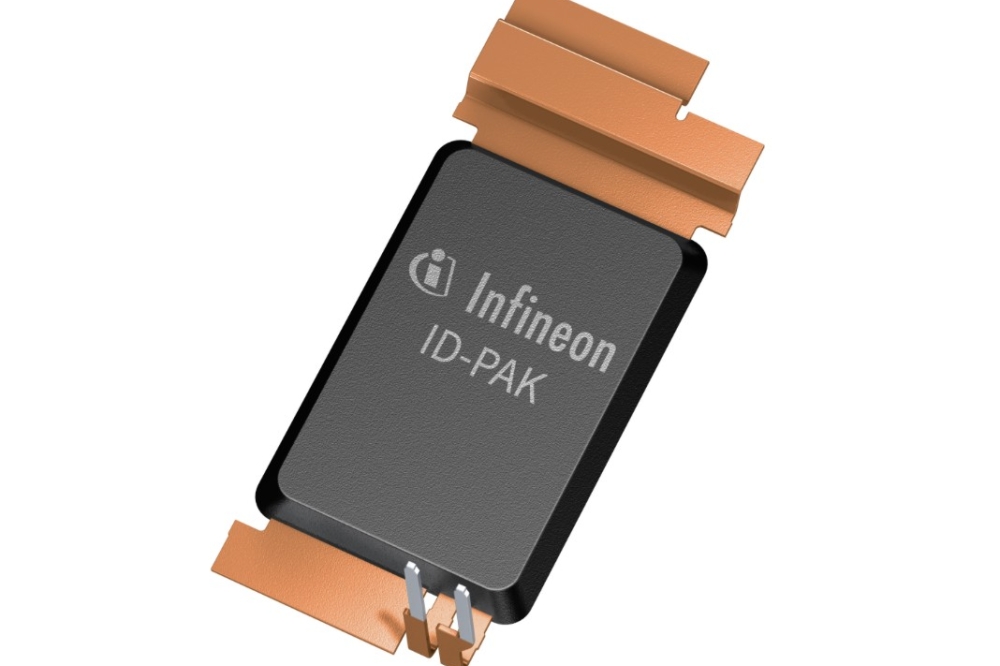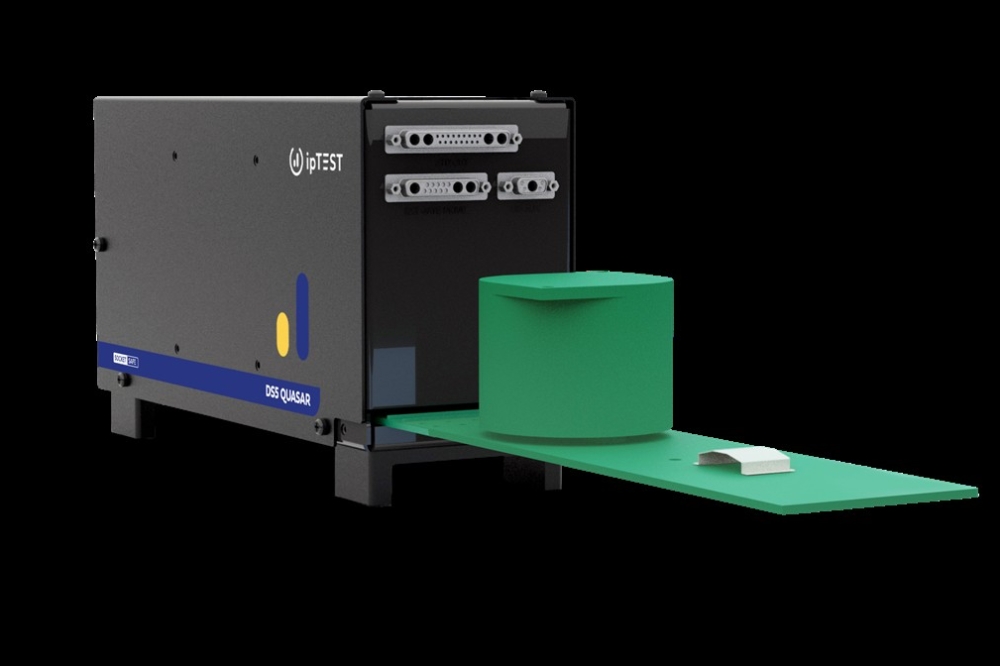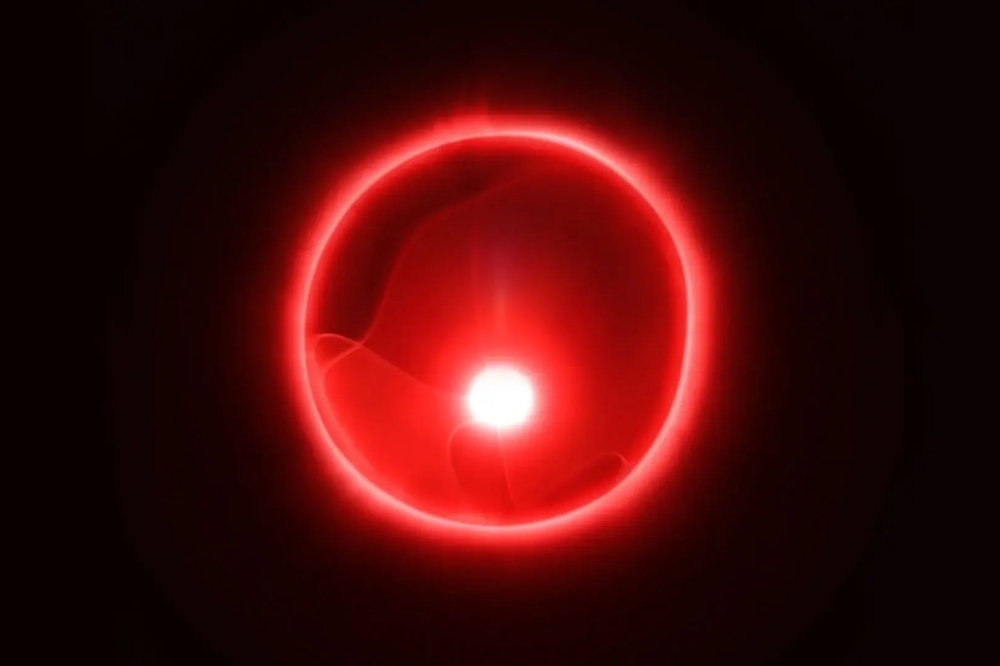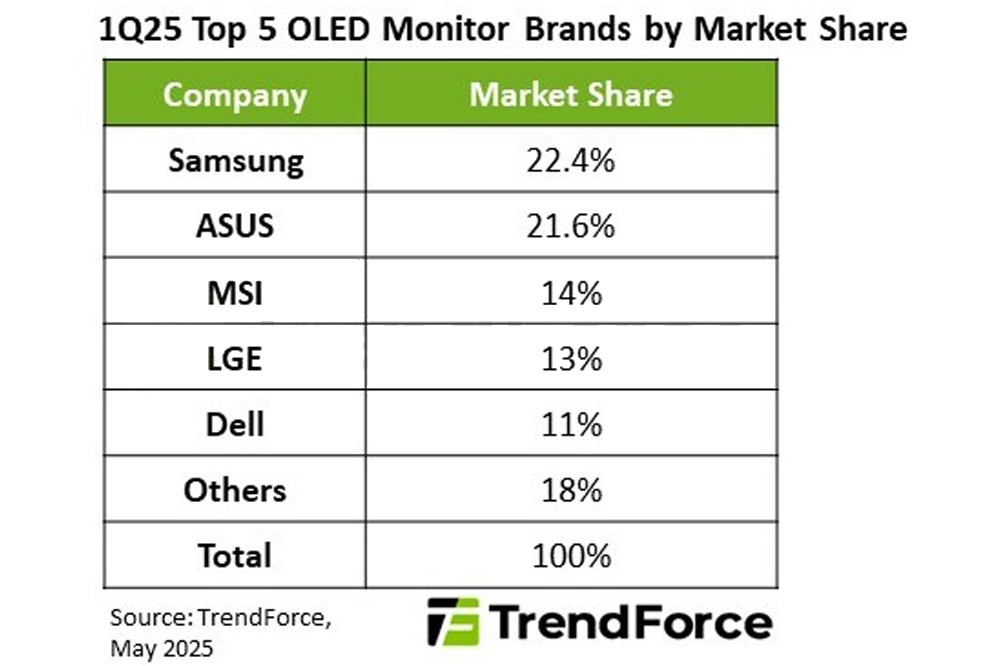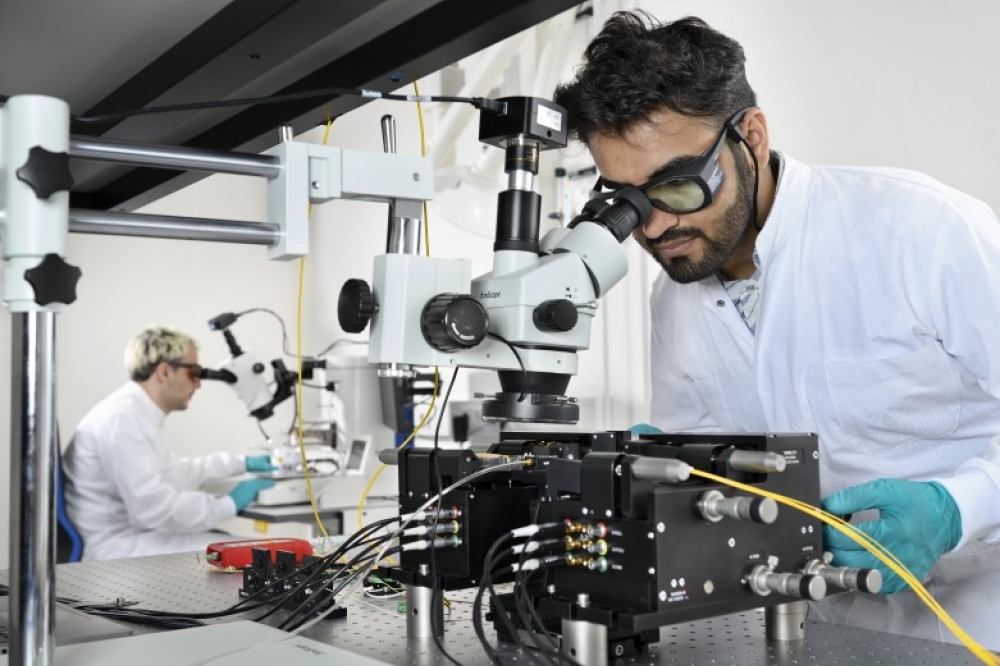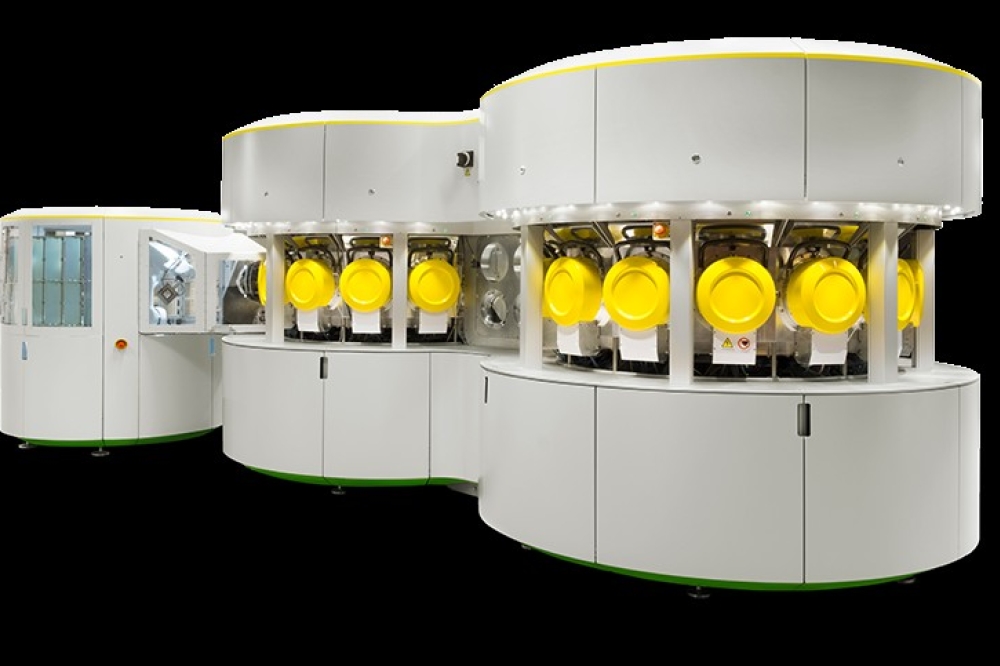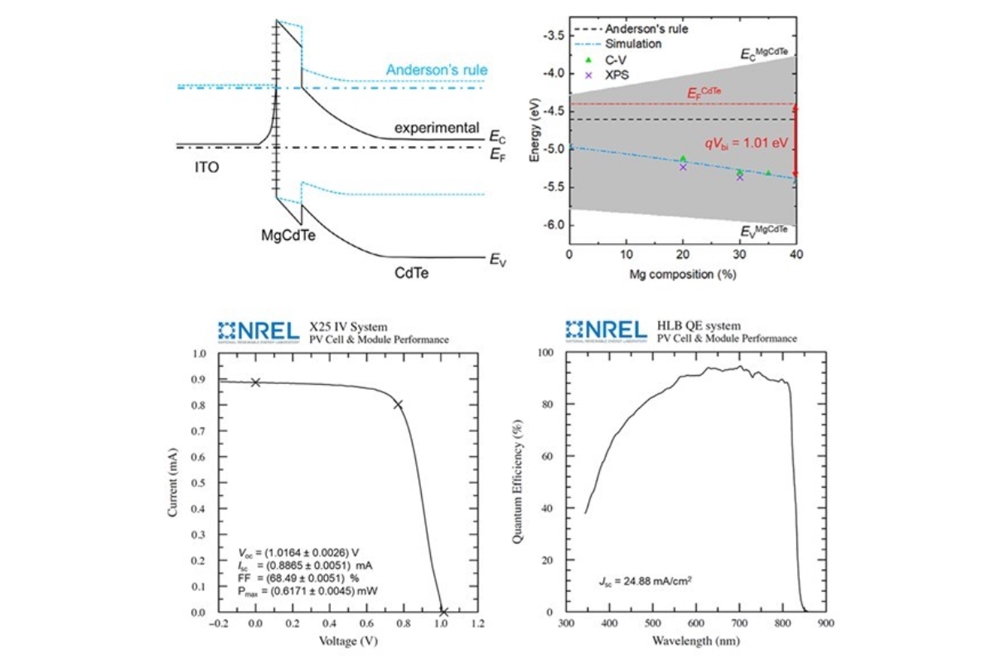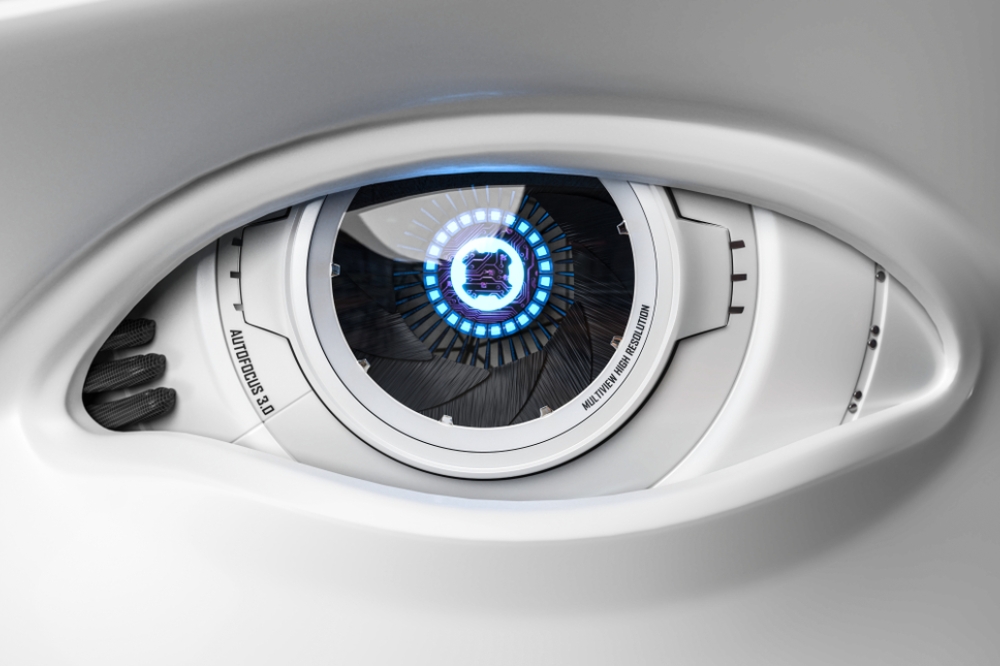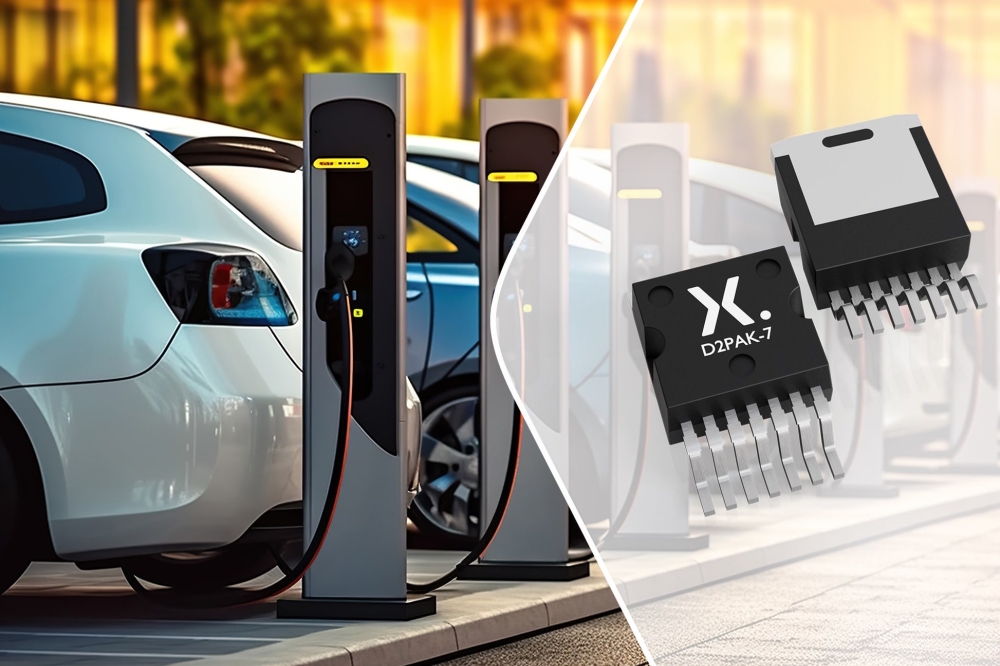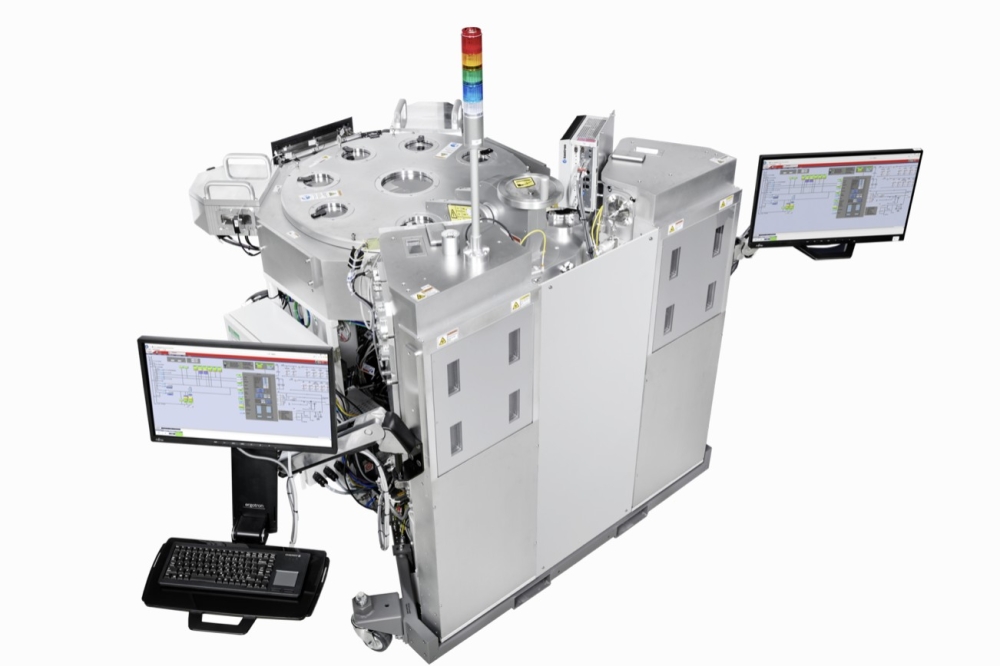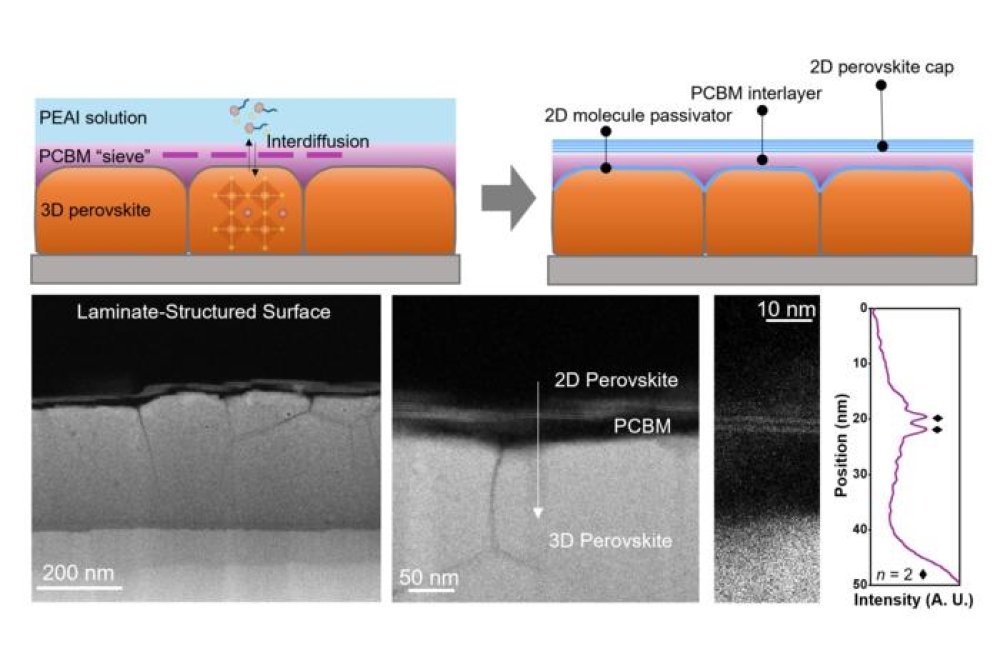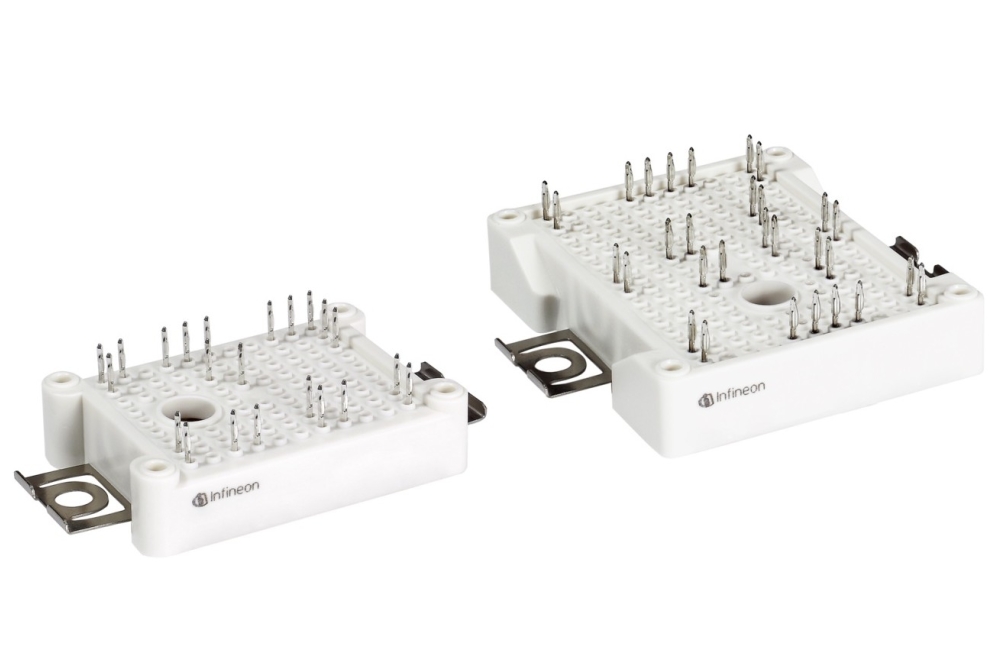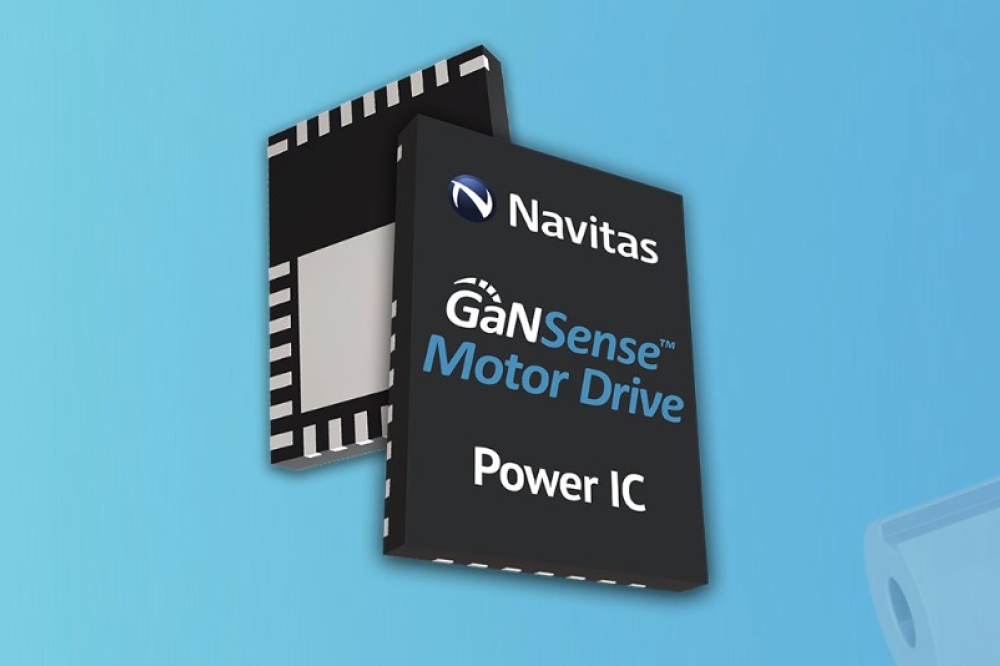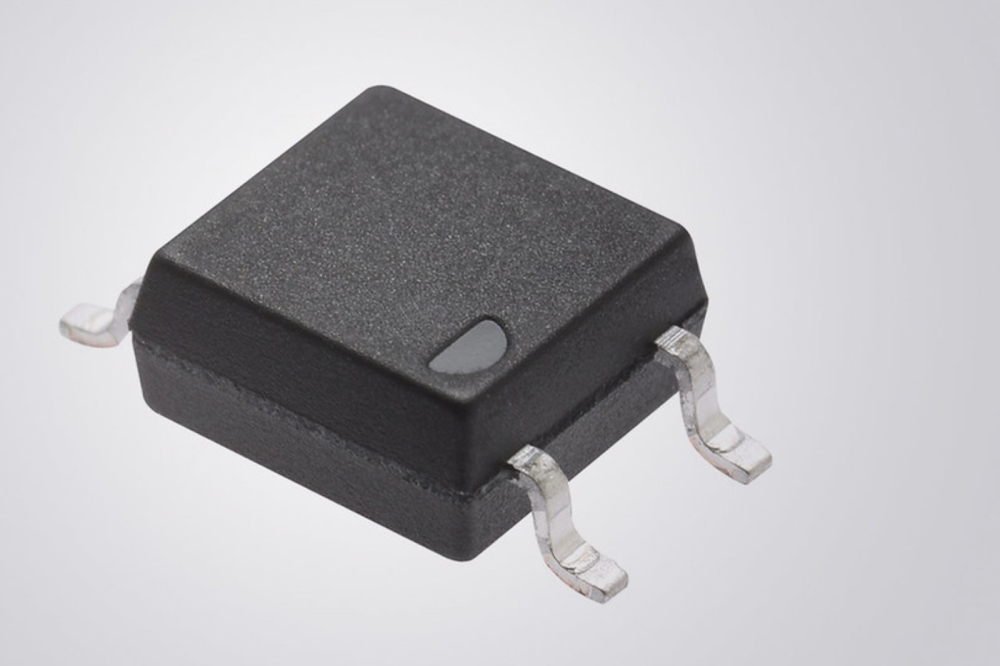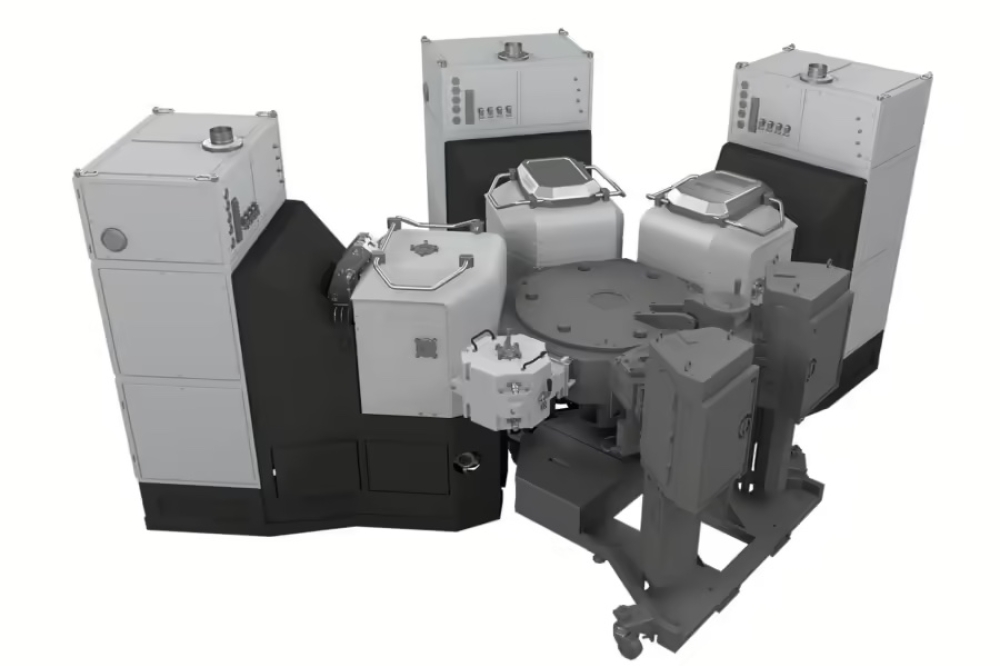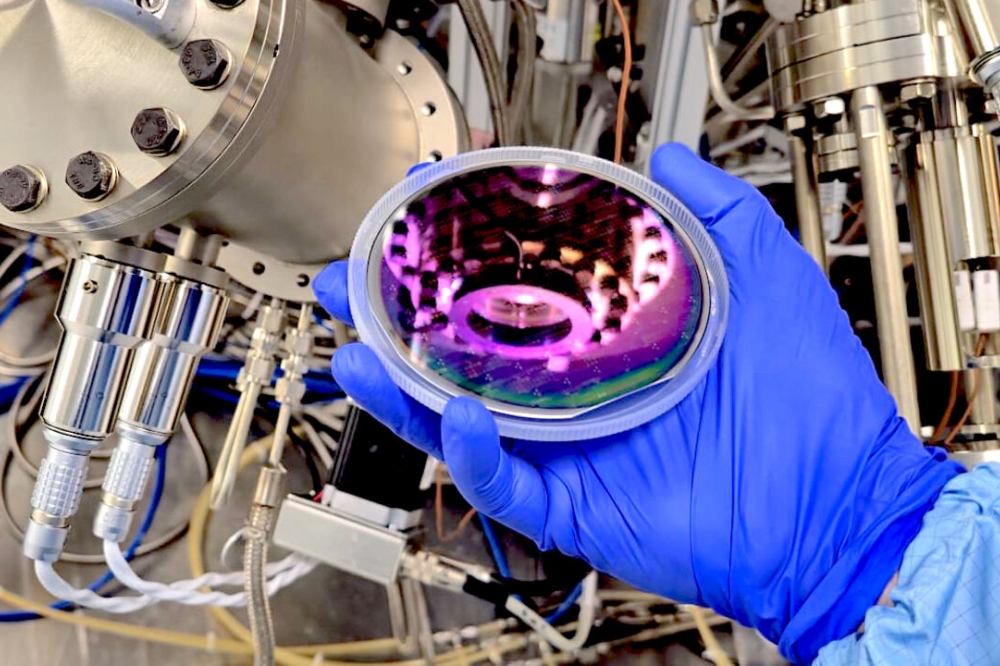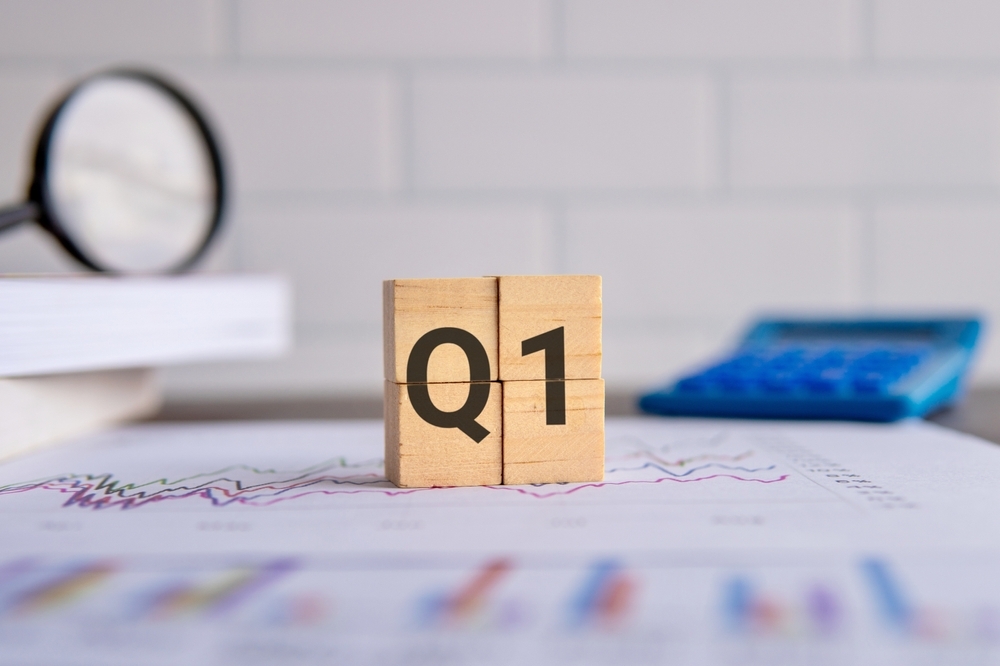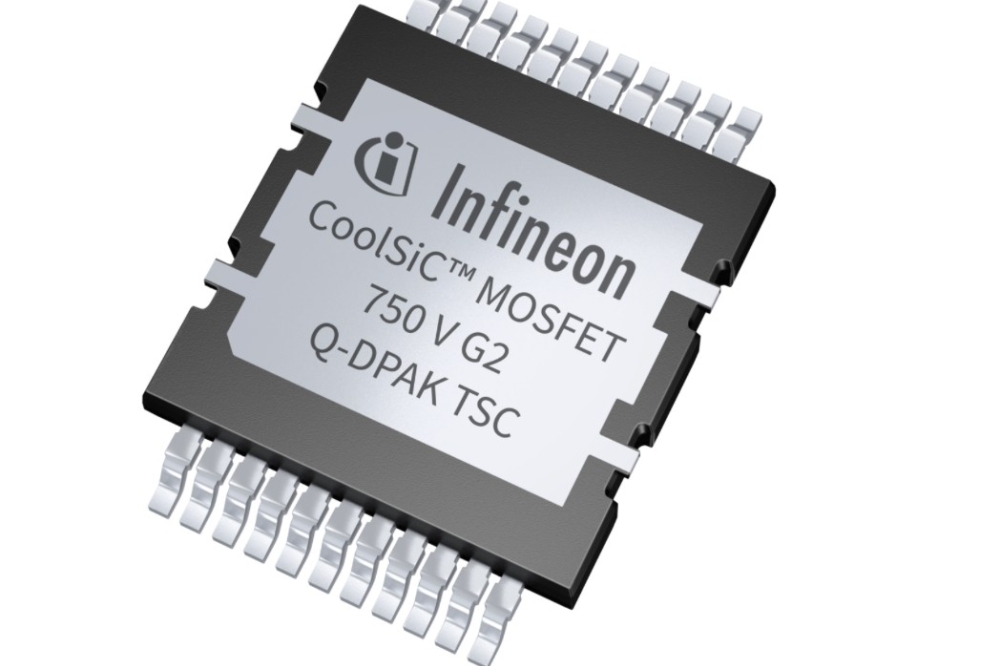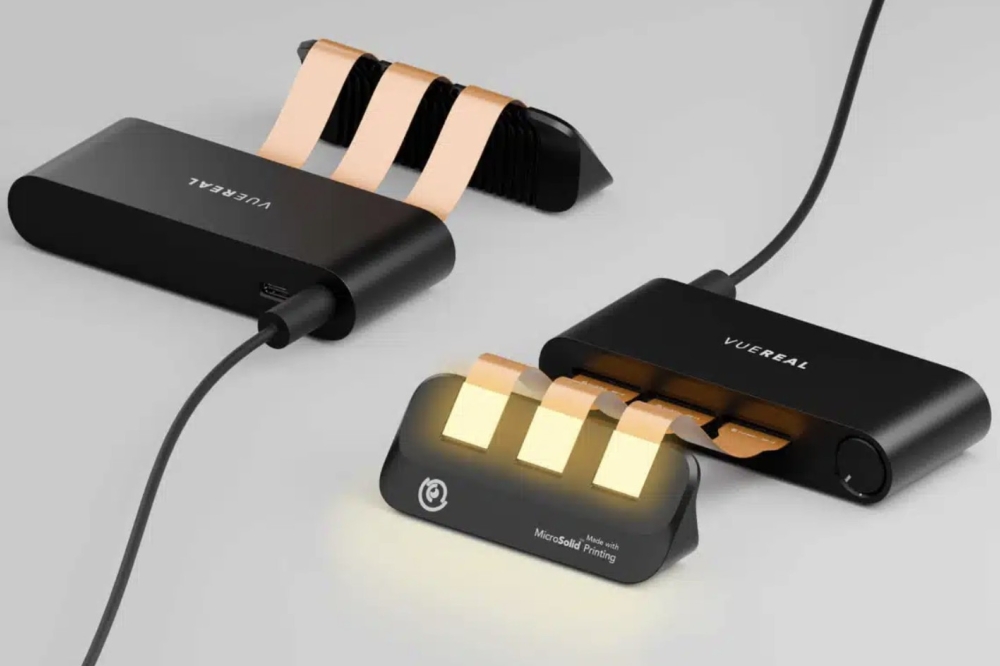Apple microLED watch plans falter

Significant changes afoot as collaboration with Ams Osram ends, says TrendForce
In a surprising twist, LED giant Ams Osram has called off a significant microLED collaboration with Apple, casting substantial uncertainty on the launch of the much-anticipated microLED version of the Apple Watch as its sole chip supplier.
TrendForce notes that the original suppliers for the Apple Watch included Ams Osram for microLED vertical chips from its 8-inch factory in Malaysia and South Korean panel giant LG Display for the glass driving backplane and mass transfer processes. Now, with the partnership dissolved, the 2026 debut seems increasingly out of reach.
TrendForce reports that the microLED Apple Watch is navigating through troubled waters. First off, supply chain scarcity is pushing microLED panel costs sky-high, potentially 2.5 to 3 times higher than similarly sized OLED panels. Secondly, Ams Osram’s smaller microLED vertical chips—while cost-saving and beneficial for redundancy design—demand higher transfer precision, posing another critical bottleneck for mass production. Thirdly, microLED still lacks a dedicated driving architecture, leaving Micro IC or TFT solutions unresolved.
However, all hope is not lost. TrendForce remains optimistic citing three compelling reasons why Apple’s venture into microLED technology could still flourish. For starters, Taiwan and South Korea boast a robust lineup of manufacturers for microLED chips, backplanes, and related transfer processes, who are ready to fill the gap and offer Apple an opportunity to seek new supply chain partners.
Secondly, Apple’s commitment to microLED innovation is evident in its extensive patent portfolio, which ranges from integrated display and sensor elements and flexible displays built on microLED. Abandoning these innovations could contradict Apple’s consistently emphasised values. Lastly, as a new display technology in the spotlight, microLED’s potential extends beyond watches to applications in head-mounted AR devices, remaining an innovative new technology for Apple’s medium to long-term product diversification strategy.
Overall, TrendForce emphasises that microLED technology is currently at an early stage of development. The involvement of industry giants like Apple significantly contributes to driving positive advancements across the sector. Notably, the integration of microLED into products such as watches could emerge as a flagship application within the next 2 to 3 years. With potential shipments reaching millions of units, this development is poised to play a crucial role in shaping the future of the industry.

